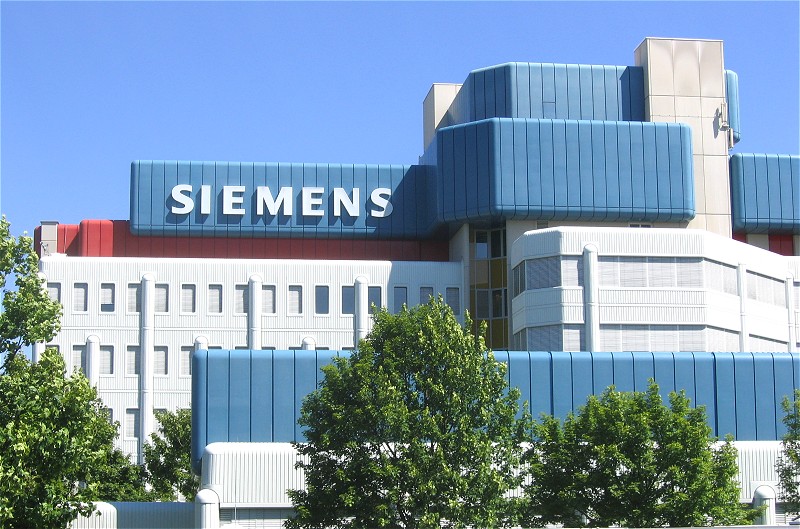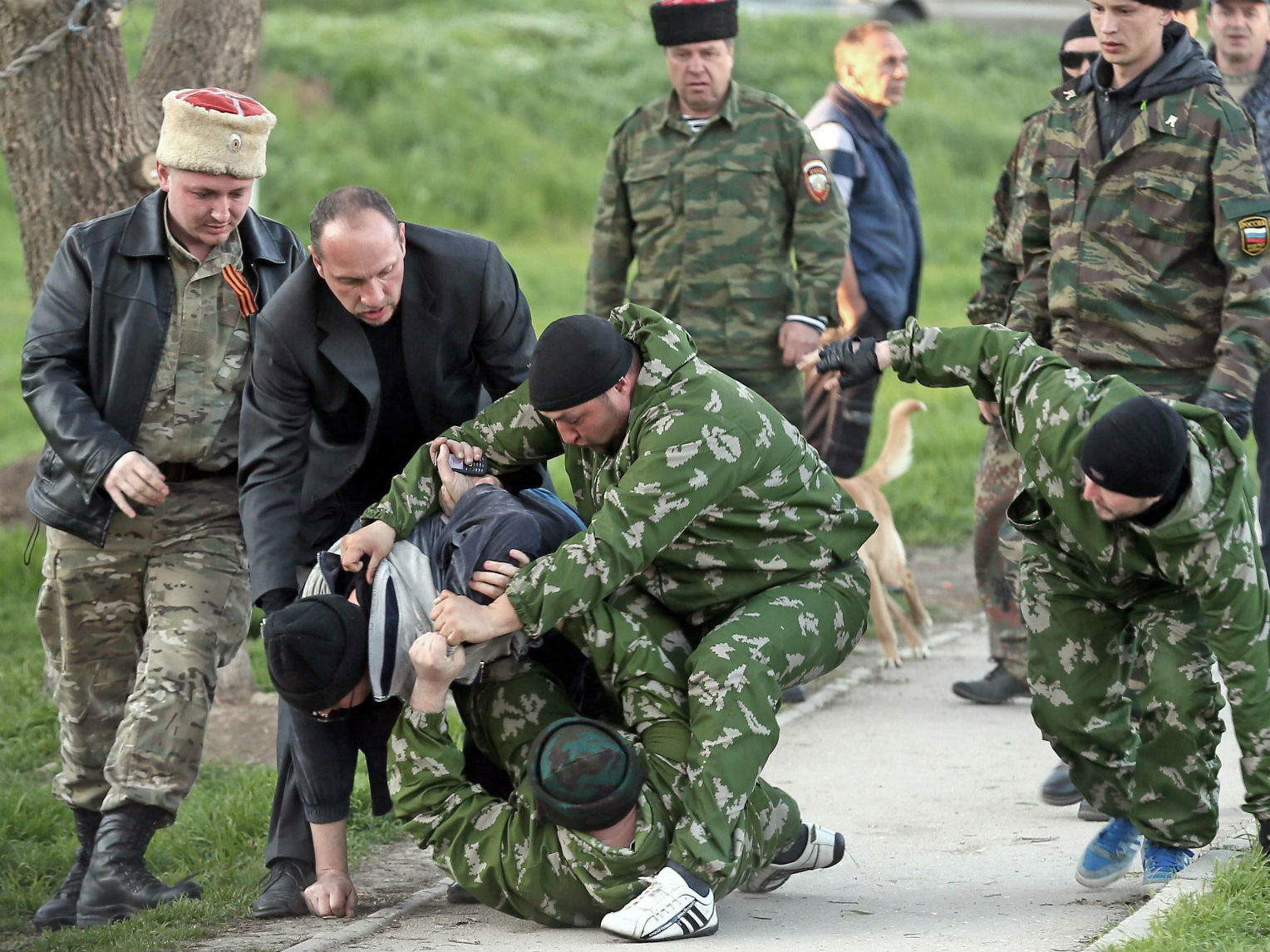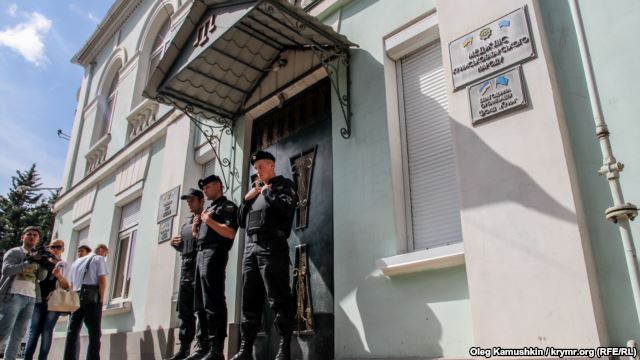“Several companies are currently conducting major competitive tenders with those turbines, and Siemens participates in these tenders,” said Cherezov.
The deputy minister did not directly name the company whose tenders the German concern participated in.
The representative of Russia’s Siemens
office declined to comment.
In June and July 2017, Russia delivered electricity turbines made by Germany’s Siemens to occupied Crimea, a region subject to European Union sanctions barring EU firms from supplying it with energy technology.
Then, the Russian side declared that the turbines delivered to occupied Crimea had been produced in Russia.
Siemens confirmed that the turbines had been illegally shipped to Crimea, and noted that originally they were supposed to be installed at facilities in Krasnodar region of the Russian Federation. Later, Siemens told Russia that they wanted to redeem the turbines.
In this regard, in early August, the Council of the European Union introduced new sanctions against Russian citizens and enterprises involved in the delivery of Siemens gas turbines to occupied Crimea.
Later, Siemens sued the suppliers that had delivered the turbines to occupied Crimea.
However, on September 8, the Moscow Arbitration Court denied a lawsuit filed by Siemens on the seizure of four SGT5-2000E gas turbine installations.
At the end of October, the Russian court again rejected Siemens’ plea to seize the turbines in occupied Crimea. During the court proceedings, it became known that the turbines delivered to Crimea were produced by the German-located Siemens enterprise, not the joint Siemens Gas Turbines Technology factory located in St. Petersburg, Interfax reported.
Also in October, Dietrich Moeller, the head of the Russian branch of Siemens, informed that the company is ready to take part in the further modernization of power plants in Russia. Earlier, in September, the CEO of Siemens
Joe Kaeser said that, despite Siemens’ 160-year “relationship of trust” with Russia being “burdened” with Siemens gas turbines ending up in two power plants under construction in occupied Crimea in July 2017, a “whole country with its loyal and reliable” customers can’t be blamed for violating EU sanctions and helping Russia secure its occupation of the peninsula, and the German techno giant shouldn’t “overreact.”
Siemens representatives have repeatedly stated that they did not know their turbines will end up in occupied Crimea, in breach of EU sanctions. However, open-source evidence indicates this is extremely unlikely, as the deal the company made was concluded with shady partners sanctioned for their plans to build power stations in occupied Crimea, the official plan to build the stations in the Taman peninsula made no economic sense, and the turbines Siemens produced were oversized for the station under construction there, the plan to use the nonexistent station in Taman was an open secret in Russia, Siemens
had no mechanism to prevent the turbines from going to Crimea, and a Siemens subsidiary planned to take part in installing the turbines in Crimea.
Read more in the Euromaidan Press investigation: How Siemens chose to ignore the obvious. An investigation into the Crimean sanctions break; or short version - Siemens’ Crimea sanctions break – a case of criminal negligence | #SiemensGate
Read more:
- Siemens stops shipments to Ukraine’s Naftogaz, fearing lost contracts in Russia
- Powering the Anschluss. How Siemens turbines ended up in Crimea despite sanctions
- Siemens CEO’s cheap excuses for Crimea sanctions breach VS the facts
- Russia’s Technopromexport finally admits turbines in occupied Crimea are from Siemens
- Siemens’ Crimea sanctions break – a case of criminal negligence | #SiemensGate
- How Siemens chose to ignore the obvious. An investigation into the Crimean sanctions break




